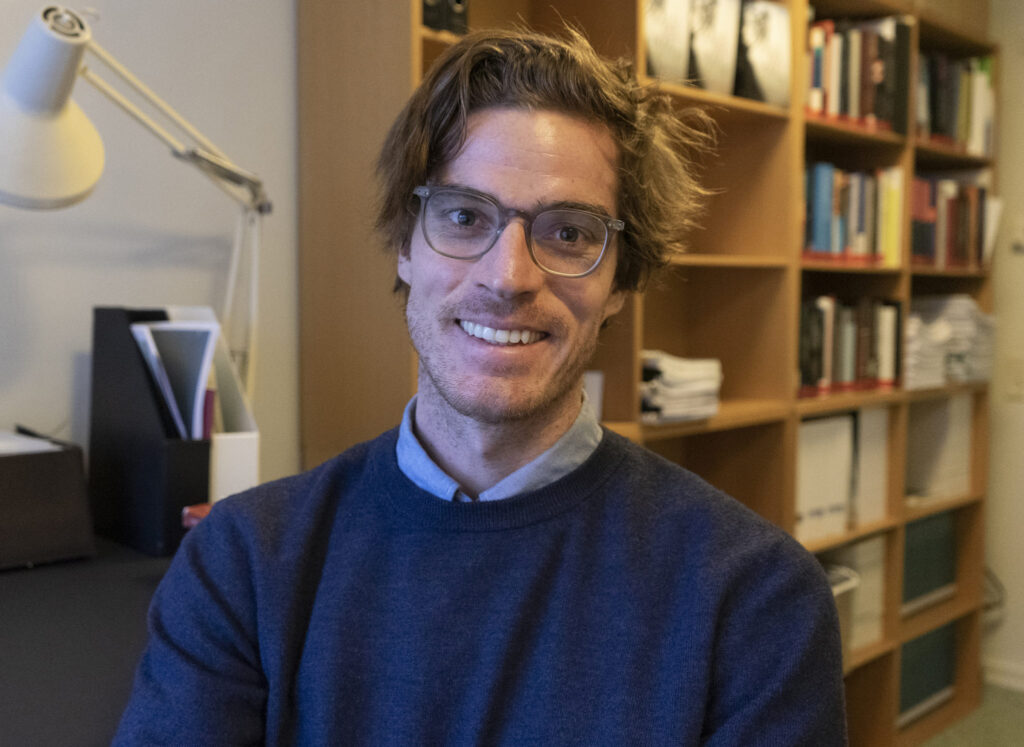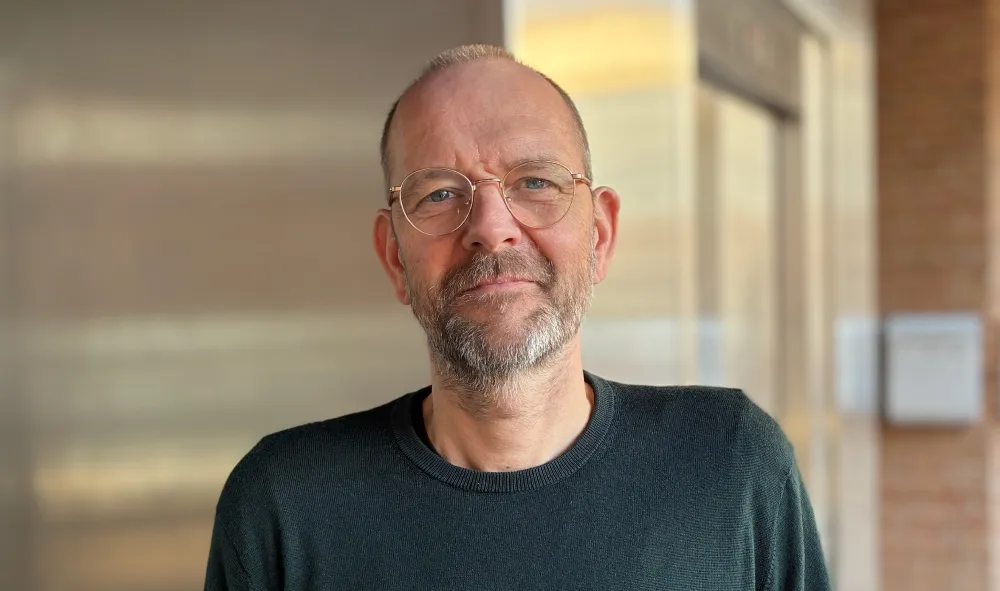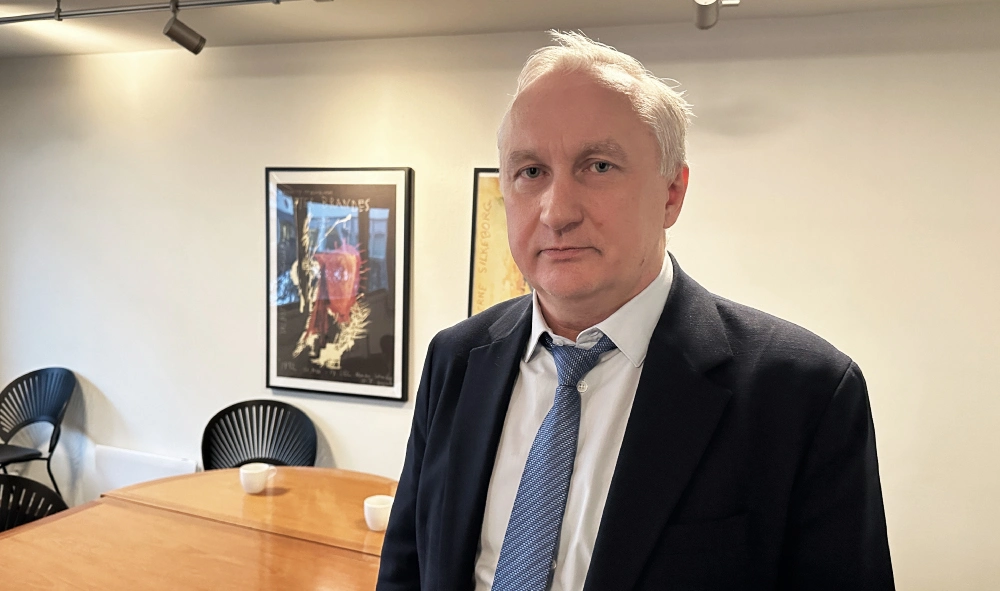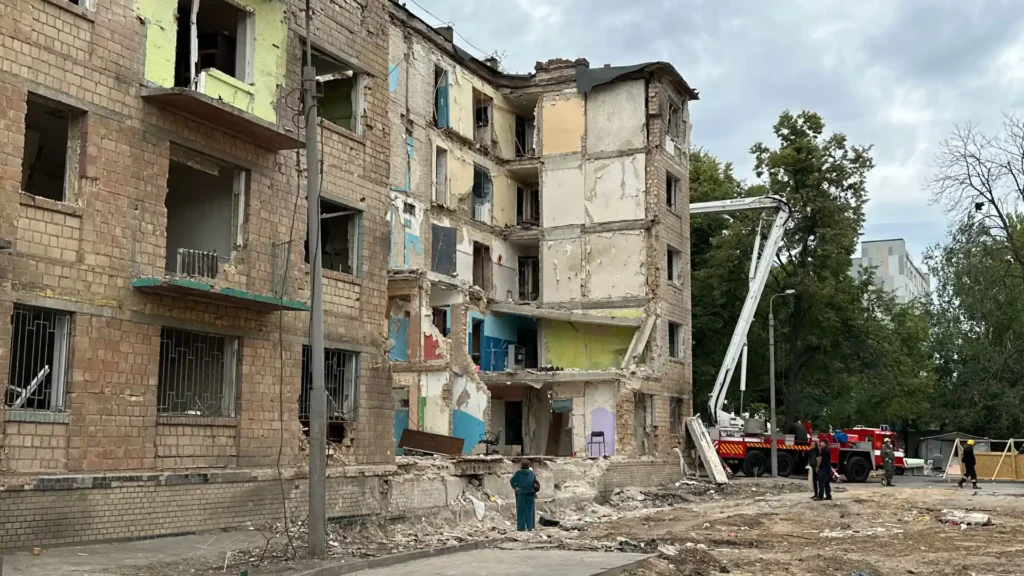DIGNITY’s new legal adviser Grant Shubin played a major role when a UN resolution against last year’s bloody coup in Myanmar was negotiated
The Global Justice Center in New York City is a tiny organisation with an enormous field of work, an ambitious name, and a staff of only nine persons.
A year ago, Grant Shubin was one of them.
He has a law degree from the University of California Hastings in San Francisco and was, until recently, the Legal Director of the Global Justice Center where he had worked since 2014.
In early 2022, he joined DIGNITY in Copenhagen as a legal adviser.
On February 1st, 2021, a military junta overthrew the democratically elected government of Myanmar. The country’s de facto leader Aung San Suu Kyi was detained, and thousands of peaceful protesters and other civilians were killed or imprisoned.
»The coup uprooted the international community’s faith in Myanmar’s democratic transition, of which many had been extremely hopeful«, says Grant Shubin.
He had worked with Myanmar for years and closely followed the steady transition from the former military rule towards democracy.
The main focus of the Global Justice Center is gender equality. The organisation works with sexual and reproductive rights and fights sexual and gender-based violence.
Rape used as a weapon
The coup and reintroduction of brutal military rule in Myanmar was a disaster for many reasons as it would be to any country. But the reason why the Southeast Asian country of 54 million people was of special interest to the Global Justice Center was the fact that the Myanmar military was notorious for using rape and other forms of sexual and gender-based violence as a weapon in the oppression of the population.
»In the months following the takeover, there was a lot of confusion about how best to approach the situation, and the international community failed to take significant steps to isolate the junta«, explains Grant Shubin.
»An important reason was the threat of a veto from Russia or China in the United Nations Security Council, which would normally be the UN body to deal with an event like a coup d’etat«.
At some point in the spring of 2021, 54 states got together to draft a resolution for the UN General Assembly, as a consequence of the fact that the Security Council was politically paralysed.
»In the aftermath of the coup, the world was looking to the Security Council to take action. When it became clear that Council politics were obstructing the chamber from taking decisive action to save lives, a group of states in the General Assembly decided the situation was too urgent to pass over in silence«, Grant Shubin explains.
Arms embargo
Though a resolution from the General Assembly would by no means have the same effect as one from the Security Council, it would be a significant expression of international condemnation of the coup and military rule. A key issue for Grant Shubin and the Global Justice Center was that the resolution should explicitly call for an arms embargo.
The issue was particularly relevant to the Global Justice Center because the UN Arms Trade Treaty contains an article 7(4) which explicitly points out that states involved in the export of weapons »shall take into account« that these may be »used to commit or facilitate serious acts of gender-based violence or serious acts of violence against women and children«.
That is why a Myanmar resolution with a reference to the Arms Trade Treaty would be an important signal pointing out one of the Global Justice Center’s key issues.
»We considered it completely unacceptable for anyone to sell a single bullet to the junta. An arms embargo was very important to us«, says Grant Shubin.
Lobbying under pandemic conditions
Grant Shubin started lobbying the cause, using his network in the UN apparatus and with the most important national delegations at the UN. But it had to be done under COVID-19 conditions:
»Since early in the pandemic in the spring of 2020, the UN Headquarters at the East River in New York had been closed to civil society organisations. So all communication had to take place on digital platforms«, recalls Grant Shubin.
As a Legal Director he put hundreds of working hours into writing an analysis with a legal interpretation of the Arms Trade Treaty and communicating with representatives of key countries and colleagues at the many big and small NGOs who also work in and around the UN in New York.
Some countries were hesitant to include the call for an arms embargo in the resolution. Some had a commercial interest in arms trade and were against limitations to their market options. During the final negotiations on the wording of the resolution in May and June, the Southeast Asian countries in the ASEAN alliance tried to water down the text and exclude the arms embargo paragraph.
The ASEAN argued that the call for an arms embargo would create problems in the region and stressed the importance of basing the resolution on a consensus in the General Assembly.
In the end, Grant Shubin’s, in addition to a coalition of others’, hard work paid off. The final text that was adopted on June 18th, 2021, »calls upon all Member States to prevent the flow of arms into Myanmar«.
The only country voting against was the notoriously oppressive Belarusian regime. All other states either voted in favour or abstained. The ASEAN countries were divided but some ended up supporting the resolution at the vote.
»We managed to send a strong signal with the resolution. But unfortunately, it doesn’t prevent arms export to Myanmar. A country like Russia is still willing to sell weapons to the junta«, says Grant Shubin.
At DIGNITY, Grant Shubin’s field of work on Myanmar will be prevention of torture and inhuman treatment and documentation of detention practices.
Grant Shubin will also lead the implementation of DIGNITY’s international advocacy strategy for the coming years. This will include working with DIGNITY’s civil society partners in the Global South on their advocacy agendas, as well as contributing to legal and policy initiatives at the United Nations General Assembly and other UN bodies. All with the aim of preventing torture and inhuman treatment, including sexual and gender-based violence, and enhancing redress for the victims.





